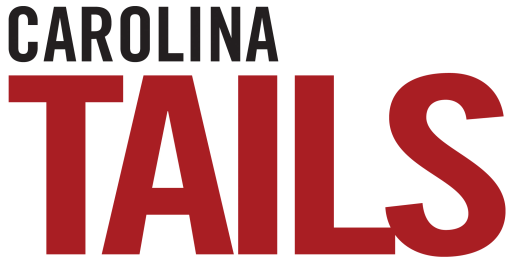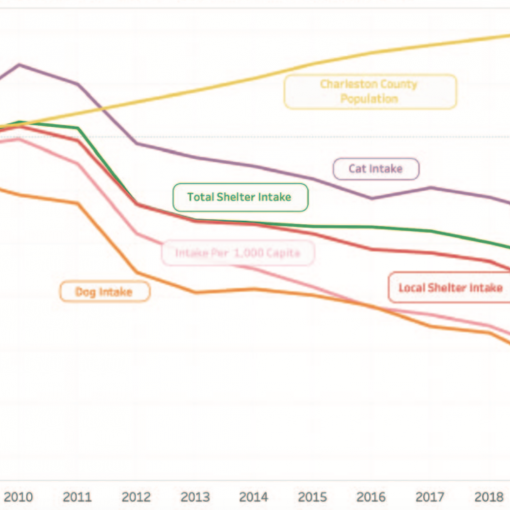By ERIC ROBINSON
In late May, the Judiciary Committee of the North Carolina State Assembly approved a legislative bill, which would allow for early dismissal of lawsuits making libel or other claims that are meant to shut down discussion of important public issues.
The bill is now due to be considered by the Assembly as a whole.
If North Carolina adopts the bill into law, it will become the 34th state to pass a so-called “Anti-SLAPP” statute. (The District of Columbia also has such a law; West Virginia has anti-SLAPP provisions via a court decision). These laws are called “anti-SLAPP” statutes because they prevent “SLAPPs,” an acronym for “strategic lawsuits against public participation.” These are lawsuits filed to intimidate and stop defendants from discussing matters of public interest, rather than seeking compensation for actual harm.
One such case was filed against a South Carolina defendant in the 1980s. Animal rights activist Shirley McGreal, head of the International Primate Protection League in Summerville, S.C., was sued for $4 million over a letter she wrote to the academic Journal of Medical Primatology protesting a drug company’s plans to use chimpanzees in hepatitis research. Her insurer settled the case against her—over her objection—for $100,000. Later, New York State’s highest court dismissed the 20 case against the remaining defendant, the journal’s editor, on the grounds that the statements were protected by the First Amendment.
Anti-SLAPP statutes create a special motion to dismiss such lawsuits that the defendant shows are meant to stifle discussion of public issues. Claims in such lawsuits often include libel, interference with contractual relations and intentional infliction of emotional distress. In addition to protecting concerned citizens and public interest groups, in many states media organizations have successfully used anti-SLAPP statutes to get libel suits stemming from their coverage of public issues dismissed.
Support for such bills ranges across the political spectrum, from the liberal-leaning American Civil Liberties Union to the conservative-leaning American Legislative Exchange Council. In 2020 the Uniform Law Commission produced a model Public Expression Protection Act that individual states can adopt in order to standardize the law across the U.S. The North Carolina bill is based on this model provision, as are anti-SLAPP laws enacted recently in Kentucky and Washington.
Such a bill should also be seriously considered here in South Carolina. Such a bill was introduced in our legislature in 2003, 2009 and 2018, but never progressed past the House Judiciary Committee. The 2018 effort garnered support after a Mount Pleasant developer subpoenaed opponents of his proposed development, seeking their e-mail and other communications with local officials and with each other. But each of these bills died in the Assembly Judiciary Committee.
South Carolina does have a law imposing sanctions on parties and attorneys for filing frivolous lawsuits, but whether a lawsuit is frivolous is different from whether the true purpose is to stifle speech. Also, such sanctions are rarely imposed.
Protection of speech about public issues is an important First Amendment principle, and we should strengthen that protection by barring frivolous lawsuits that use the threat of litigation—and its inherent expenses and risks—to shut down legitimate discussion of public issues and controversies. South Carolina should bolster its protections for free speech by passing an anti-SLAPP statute in the near future.
This opinion piece was originally published in June 2022 by the South Carolina Press Association. Eric P. Robinson focuses on media and internet law as an associate professor at the USC School of Journalism and Mass Communication and Of Counsel to Fenno Law in Charleston / Mount Pleasant.





